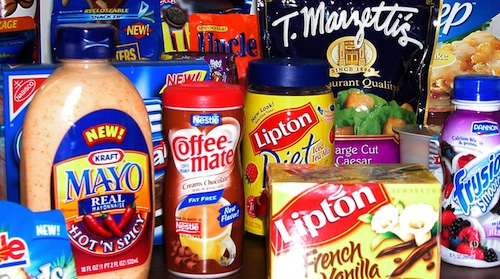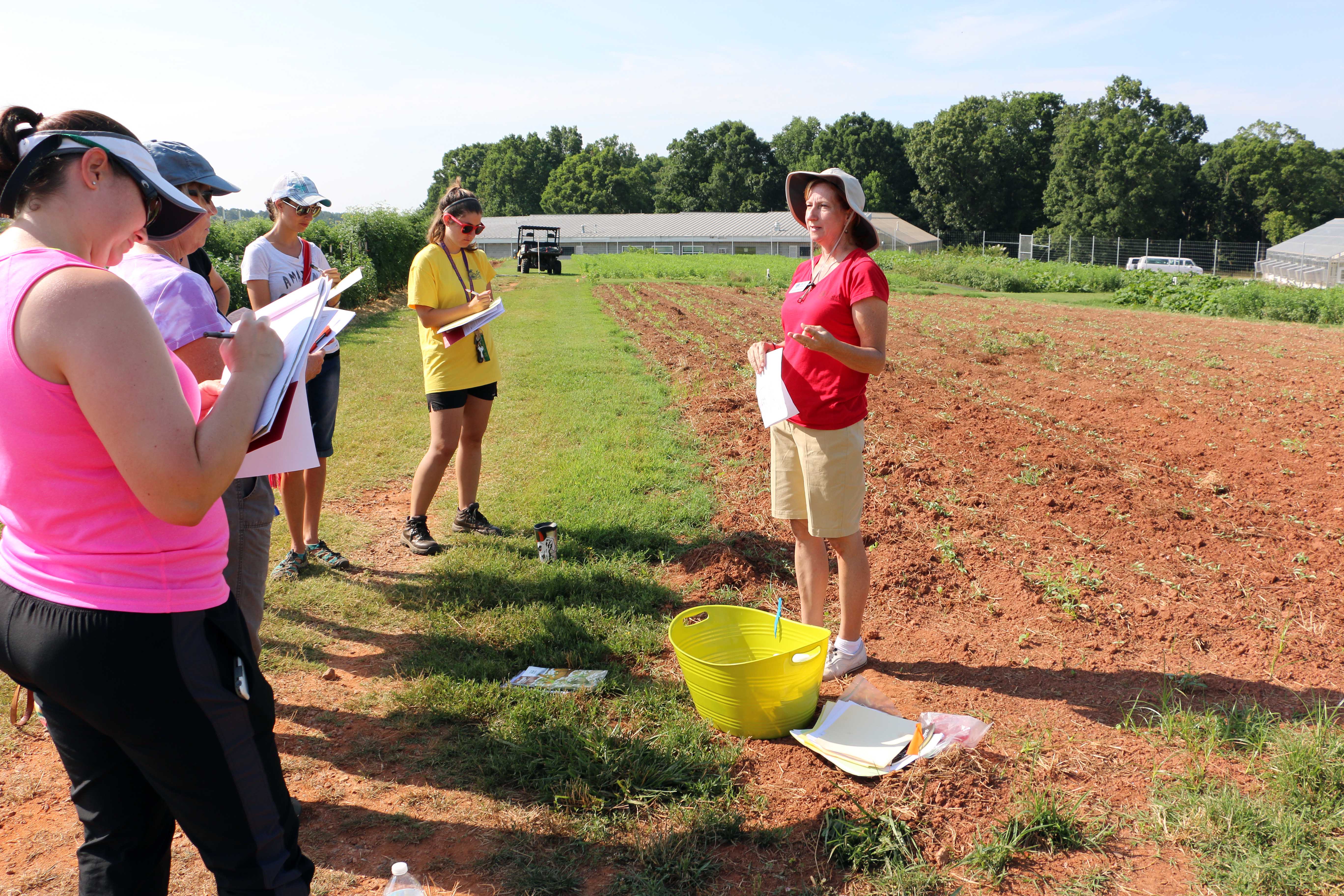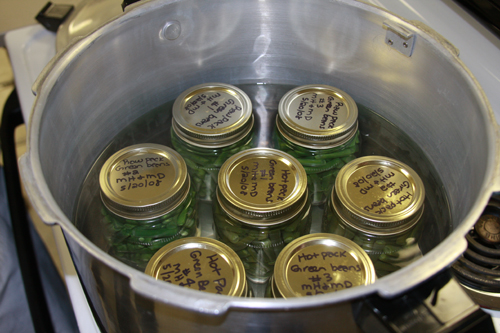By Connie Crawley and Angela Leone
University of
Georgia
After lung cancer, breast cancer is the most common type of cancer in the United States. One in eight American women will be diagnosed at some point in her life. Some risk factors associated with breast cancer cannot be controlled, such as family history, genetics and age, but diet and lifestyle habits are risk factors that can be modified.
The “skinny”Gaining weight or being overweight is a proven risk factor for breast cancer. Studies have shown that even small amounts of extra weight, 5 to 8 pounds, gained before menopause can significantly increase the risk for breast cancer.
Soy
Although some studies with Asian populations have shown that consuming soy products reduces the risk of breast cancer, there is no strong evidence that soy products can prevent breast cancer or the recurrence of it in high-risk adult women in the United States. Although soy products may not help to reduce your risk for breast cancer, incorporating a moderate amount of soy into a well-balanced diet may help reduce risk for cardiovascular disease.
The American Cancer Society advises women who have had breast cancer to consume soy products moderately, but not to ingest large amounts. Some medical experts are concerned that large intakes may actually increase risk for breast cancer due to the estrogen-like substances found in soy.
Alcohol
Drinking moderate amounts of alcohol may help reduce cardiovascular disease risk, but there is strong evidence that even one drink per day can increase the risk of breast cancer by 8 percent to 10 percent. This risk goes up if your intake of folate-rich foods, such as fortified cereals, spinach and orange juice, is low. One drink equals 5 ounces of wine, 12 ounces of beer or 1.5 ounces of distilled liquor. Medical experts recommend that anyone not presently drinking alcohol should not start.
Meats
Eating red meat increases the risk for colon cancer, but the evidence is not as strong for breast cancer. However, a few large studies have found that eating red meat or processed meats, such as sausages, bacon and luncheon meats, may increase the risk of developing breast cancer or having breast cancer return after treatment. Be careful about how you prepare red meat. Small amounts of cancer-causing agents are produced when meat is smoked or grilled.
Low-fat diets
Not all fats are created equal. Replacing saturated fat with unsaturated fat and limiting trans fat has been shown to lower the risk of breast cancer. There is also some evidence that postmenopausal women that follow a low-fat diet may reduce their risk of developing breast cancer or having breast cancer recur. Limit animal fats and partially hydrogenated and hydrogenated vegetable oils. Healthier fats to use in small amounts are vegetable oils and nuts.
Exercise
Although studies have not found a strong link between exercise and breast cancer risk, low or moderate exercise, such as walking three to five hours a week at a rate of two to three miles an hour, does improve the survival rate in women previously treated for breast cancer. Physical activity can also help prevent weight gain as we get older.
What’s the take home message?
To reduce the risk of breast cancer, maintain a healthy weight throughout your life, especially before menopause. Consume soy products in moderation. If you drink alcohol, have one drink or less per day. Don’t start drinking if you do not drink already. Limit intake of red meat and processed meats. And exercise regularly.
(Connie Crawley is a nutrition and health specialist with University of Georgia Cooperative Extension. Angela Leone is a research assistant with the UGA College of Family and Consumer Sciences.)





